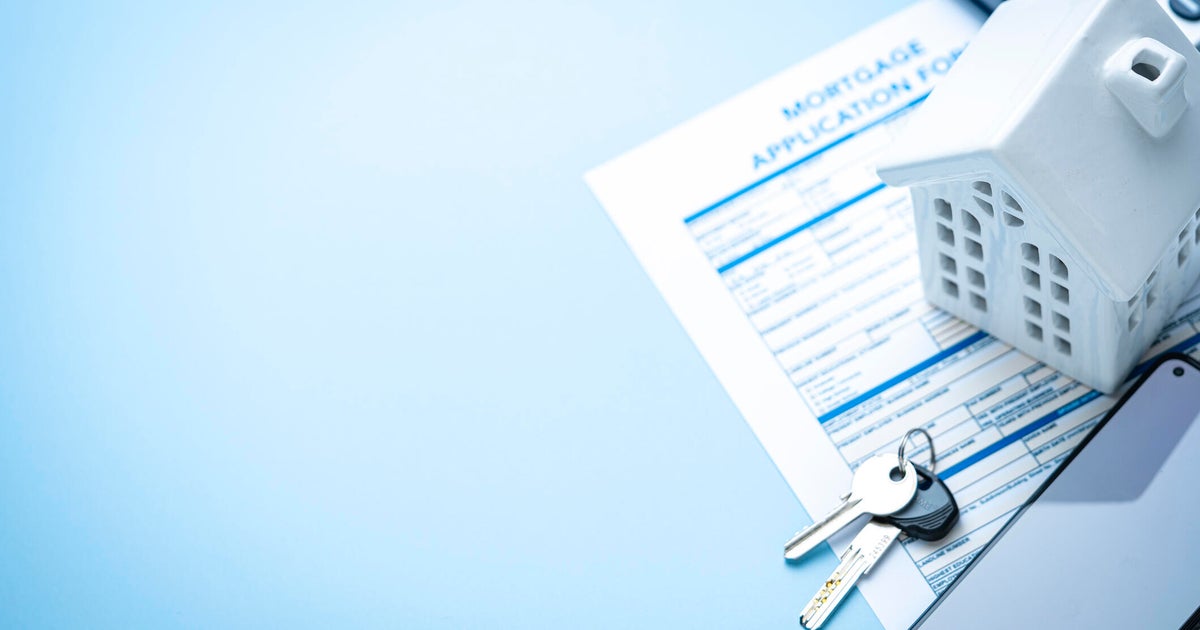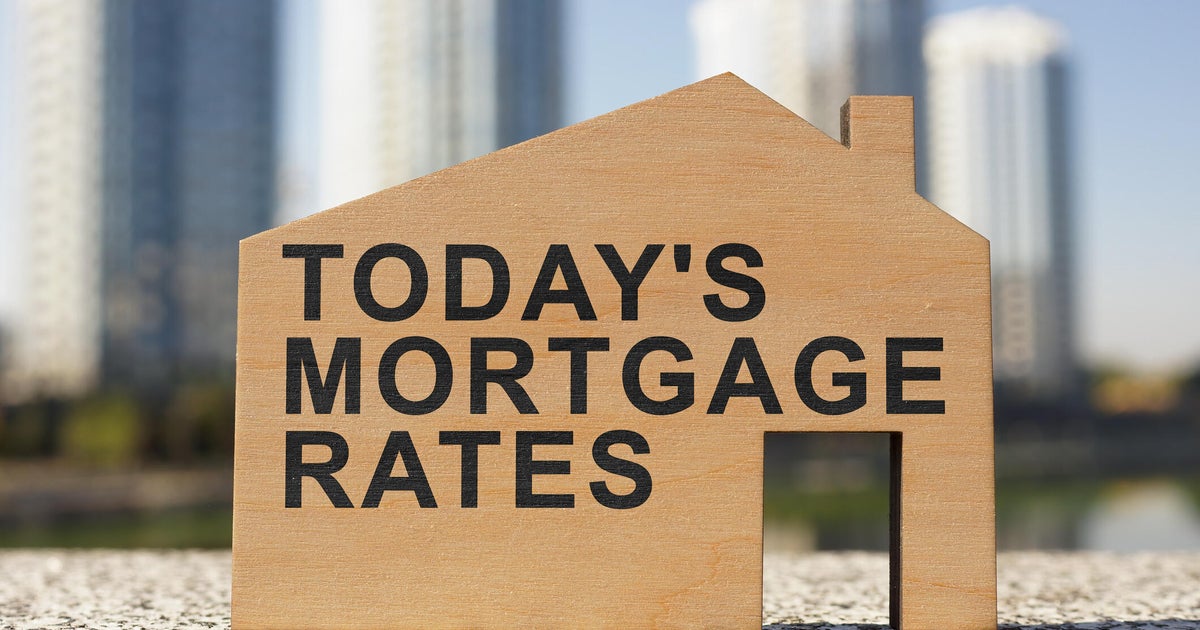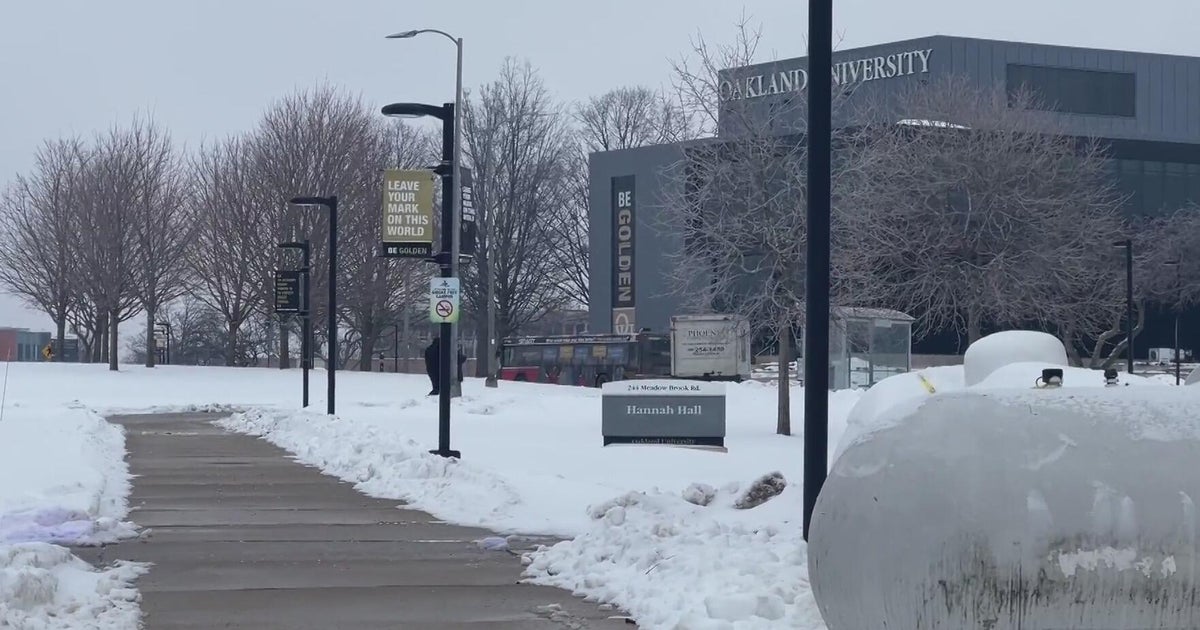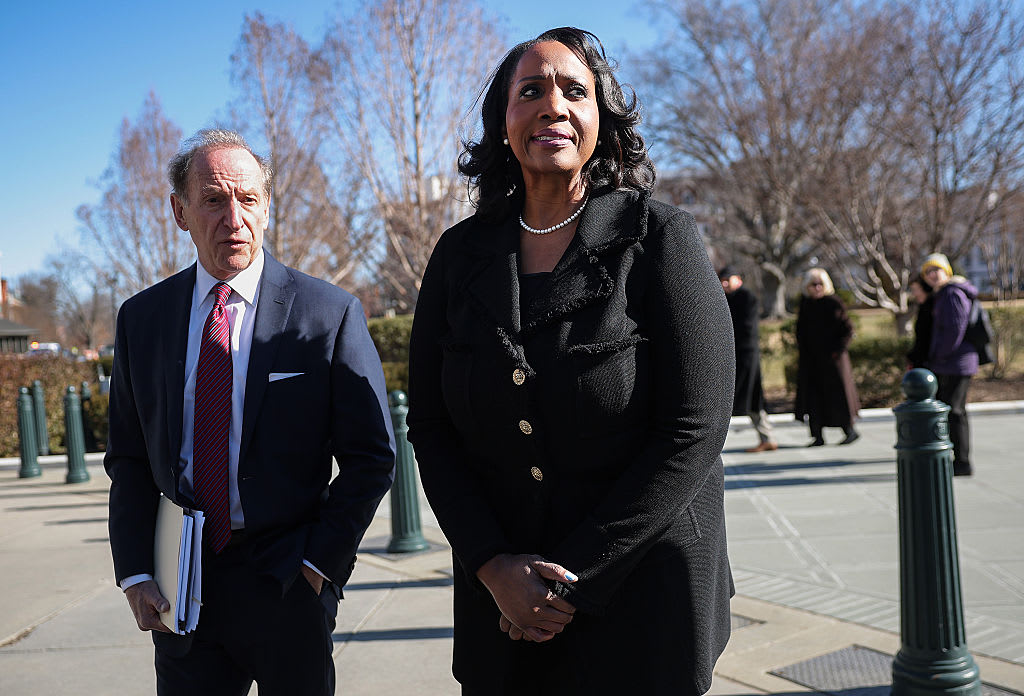3 things to do if interest rates go up (and 3 things to avoid)
Over the past year and a half, the Federal Reserve has quickly been raising the federal funds rate from near zero to a target of 5.25-5.50% in order to fight inflation. This rate applies to the costs of banks borrowing from one another, which in turn tends to result in higher interest rates and tighter conditions throughout the economy.
Still, inflation remains relatively high. The latest data from August shows core inflation rose 4.3% year over year, "well above the Fed's target of 2.0%," says John Ingram, CFA, partner and chief investment officer at Crestwood Advisors. "Further, recent increases in oil prices have increased gasoline prices for consumers and could lead to higher headline inflation."
So, interest rates could continue to rise, although many experts do not expect a huge change. And you don't necessarily have to sit on the sidelines to see what happens, as the relatively high interest rates at the moment can still provide opportunities to earn significant returns.
"Crestwood's base case for interest rates is that the Fed is close to the end of this rate cycle and that today's higher yields across the curve should provide an attractive buying opportunity regardless of maturity," says Ingram.
Likewise, Joseph Camberato, CEO at National Business Capital, agrees that an increase in interest rates would likely be small before trending downward.
"I wouldn't stress too much about interest rates skyrocketing at this point. We're probably looking at a modest bump, say, around 0.25% to 0.5%. Eventually, they'll likely come back down, but that could take a year or three," he says.
"But during this time, you don't want to miss the opportunity to lock in earning high interest on your money rather than keeping it in a no-interest bank account. So, if rates go up by that 0.25% to 0.5%, it's not a huge deal compared to not locking in, and waiting for them to drop again," adds Camberato.
While it can make sense to take action in the current environment, you also want to be able to adapt to new conditions. If rates do go up, you might take some additional steps to optimize your finances, as we explore below. Start by researching your savings account options to see how much more interest you could be making with a high rate account.
3 things to do if interest rates rise
If rates go up, you might look for ways to earn more interest from your savings and investments. Some steps include:
Open a high-yield savings account
In essentially any environment, there's good reason to open a high-yield savings account to get a higher return on money that you want to keep liquid, such as for your emergency fund. And as rates rise, there's typically even more incentive to do so.
Keep in mind that high-yield savings account rates are generally variable, meaning they can go up or down at any time. So, trying to time the peak of interest rates probably isn't necessary. The longer your money is in the account, the more it can potentially yield.
If you open a high-yield savings account now with a trustworthy bank or credit union that has a good track record of having competitive interest rates, then you can experience rate increases without having to do any work on your part. Get started here.
Open a certificate of deposit (CD) account
If you want to lock in a high interest rate for a set period, rather than being subject to variable rates like in a high-yield savings account, you might open a CD. Here too, you might benefit from acting now and then adjusting your CD strategy if rates change.
"To make the most of your earnings, think about starting with a short-term 3-6 month CD. If rates go up, consider reinvesting when that CD matures," says Camberato.
One drawback of CDs is that they typically carry penalties for early withdrawals, as opposed to checking and savings accounts that have more flexibility. But if you do the math, you might find that paying a penalty is worth it sometimes.
"Did you take out a long-term CD prior to interest rates rising? Because rates have increased so quickly, it may make sense to pay the penalty and cancel the CD early. Then invest in a new CD at a higher rate. Review your CD terms and conditions and calculate your potential cost and benefit," says Bryan Toft, chief revenue officer, Sunrise Banks.
Learn more about your CD options here today.
Invest in Treasuries
Higher interest rates could also make fixed income investments like Treasury securities more appealing.
Bond prices are typically inversely correlated to interest rates. When yields go up, existing bonds can become less valuable if investors instead turn to new issuances that carry higher rates. But that applies to buying and selling. If you can hold Treasuries to maturity, you could get the full yield while maintaining your principal.
If you're nervous about rates rising further after you've already purchased Treasuries, you could put some of your cash there now "and keep an eye on the potential for rate hikes down the road. If rates go up, you can think about investing more at that time," says Camberato. Also, if you want to invest now but are worried about rising rates eating into the value of your Treasuries or other fixed income investments, in case you do want to cash out early, you could choose short-term securities.
"Investors concerned about rising rates should shorten the maturity of their bonds. They can get a higher yield and reduce interest rate sensitivity in their portfolio relative to bonds with longer maturities," says Ingram. With a 1-Year Treasury Bill, for example, the short maturity means "the price will not vary too much with changes in interest rates."
3 things to avoid if interest rates rise
While savers and investors can benefit from rising rates, higher interest rates can make borrowing more expensive. So, consider avoiding things like:
Carrying credit card debt
Higher interest rates typically means that carrying a credit card balance gets more expensive, as credit cards tend to have variable annual percentage rates (APRs). So, if you have a credit card balance, you likely want to pay that off as soon as possible, rather than having to make high interest payments.
As it stands, the average credit card has an annual percentage rate (APR) above 20%, according to the Federal Reserve. If the Fed raises rates, credit card APRs will likely go even higher.
If you're not sure that you can pay off your balance in full every month, then you might want to step away from credit card usage, especially in a high-rate environment.
Taking out a car loan you can't afford
If you're in the market for a new car, keep in mind that the sticker price might not be the only financial factor. Many people take out auto loans to break car payments into more manageable chunks, but as rates rise, that can make buying a car more expensive.
"If you are considering purchasing a new vehicle, make sure you review the interest rates on auto loans. If you have a current auto loan, it could have a much lower interest rate than today's loan rates. Purchasing a new vehicle at a higher interest rate will increase the overall cost of the car," says Toft.
Similarly, leasing a car is also typically more expensive in a high-interest-rate environment, as leases essentially bake in the cost of financing. So, you might have to choose a lower-priced vehicle or keep your old one until rates come down.
Engaging in real estate borrowing without considering the costs
Higher interest rates can also make real estate related borrowing costs more expensive. For example, if you have a mortgage now but want to refinance later on, that could increase the total cost of the loan.
"In this high-rate environment, any new rates you lock in will likely be higher than what you're currently paying," says Camberato. That said, some homeowners still benefit from refinancing, such as to change the monthly payment and duration of a mortgage to free up cash flow.
"If refinancing is the best option for your financial and life goals, take a closer look. Sometimes, paying a bit more interest can still make financial sense. Do your homework, make some forecasts, and don't shy away from a profitable move, even in high-rate times," says Camberato.
Similarly, homeowners should consider borrowing costs for home equity lines of credit (HELOCs), which can get more expensive as rates rise. Even now, if you have existing debt, you might want to review these costs. HELOCs "are typically variable-rate. In many cases, these interest rates are now over 9%. It may be time to pay down some or all of your HELOC if you have available cash," says Toft.
The bottom line
Making these types of financial decisions if interest rates rise can help you earn more interest and save money. But the exact moves to make can vary based on your situation, so consider speaking with a trusted advisor and keeping up with what's happening in the economy. Doing so can help you thrive whether or not rates rise.
"Bottom line, stay flexible and stay informed. Make sure your investment strategy lines up with your financial goals, and don't lose sleep over a small rate increase," says Camberato.




